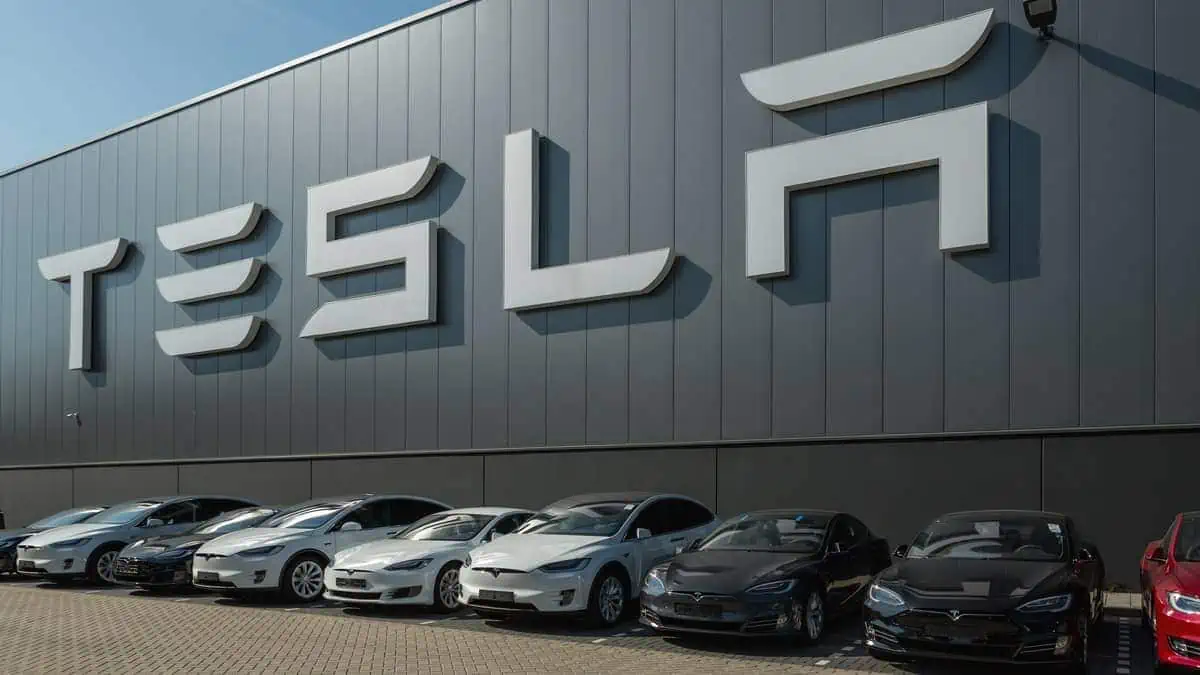Tesla Inc will reduce assembly costs in upcoming generations of cars by half. Engineers told investors on Wednesday (March 1).
Chief Executive Elon Musk still must disclose when the much-anticipated affordable electric vehicle will be unveiled.
Just after the company’s investor day from its Texas headquarters, shares dropped more than 5% in after-hours trading.
Over a dozen Tesla executives, led by Musk, addressed everything from a white-paper plan for the world to accept sustainable energy to the company’s innovation in controlling its operations from manufacturing to service.
The presentation included several senior engineers, along with the new global production chief, Tom Zhu, a nod to Tesla’s effort to demonstrate the depth of its executive bench beyond Musk, the company’s face.
However, more information was needed about when the next generation of cars would be available or what models would be available.
Tesla to produce affordable EVs and lower production costs
Musk was expected to devise a more affordable electric vehicle (EV) strategy to broaden his brand’s charm and fend off competition.
Executives stated that Tesla’s next-generation platform would feature more than one vehicle constructed in standardized factories, but Musk dismissed questions about models in the works.
Tesla’s chief financial officer, Zach Kirkhorn, and others emphasized the company’s commitment to lowering production costs.
Kirkhorn estimated that Tesla would need to invest six times more than it has to meet its long-term goal of boosting output to 20 million vehicles per year by 2030, a tenfold increase over current capacity.
He estimated the bill could be $175 billion (S$235 billion).
Musk announced the next investment step, a new Tesla factory in northern Mexico, as the first plant outside the United States, Germany, and China.
Musk refused to comment on intentions to revamp the Model Y sedan next year, dubbed Project Juniper by Reuters in a report on Wednesday, or on an updated version of its Model 3 sedan, dubbed Highland and expected to go into production in September.
The Cybertruck pickup, according to design chief Franz von Holzhausen, will be available this year.
The mass market
Securing the mass market is essential to Tesla’s yearly production target, which is greater than the combined production of Germany’s Volkswagen and Japan’s Toyota.
It also symbolized about a quarter of Tesla’s global car sales last year.
Musk stated that lowering consumer prices would be the key to driving Tesla’s sales volume, adding that Tesla’s discounts offered this year had stoked demand.
“The desire for people to own a Tesla is extremely high. The limiting factor is their ability to pay for a Tesla,” Musk said.
Tesla is the most valuable carmaker, but its stock has fluctuated dramatically. Shares are down roughly half from their peak in November 2021 but have recovered more than 60% this year.
Musk stated that Tesla might only require ten models, with each model line selling two million units per year at target production. In comparison, Toyota sells slightly more than one million Corollas worldwide yearly.
Tesla already has a competitive edge in profitably manufacturing EVs. Lars Moravy, Chief Engineer, stated that the company intends to assemble its next-generation vehicles for half the current Model 3 or Model Y price.
Moravy defined a production process for future EVs he called an “unboxed” model of taking together sub-assemblies to reduce complexity and time in manufacturing.
Fundamental limiting factor
Tesla executive Peter Bannon demonstrated how the company uses data to reduce costs. According to customer data, Tesla owners did not use the sunroof, so “we removed it.”
High-profile Tesla investor Ross Gerber said the presentation was a “Huge tease” for the next-generation vehicle.
It’s coming. They laid it all out. 50 percent less cost to build. Would get you a US$25-US$30k EV!
Ross Gerber, Tesla’s investor stated on Tesla’s next-gen vehicle
In recent years, Tesla has outperformed the industry, rapidly increasing deliveries amidst the pandemic and supply-chain disruptions.
However, Tesla has reduced prices in recent months to boost sales, which a weak economy and increasing threats from rivals in the United States and China have hampered.
Tesla will also need to improve its battery technology, which Musk has described as a “fundamental limiting factor” in transforming to sustainable energy and more affordable automobiles.
Tesla has been fighting to increase the production of advanced batteries known as the 4680s.
Executives said on Wednesday that volume production was likely this year but were still evaluating two different production methods.





